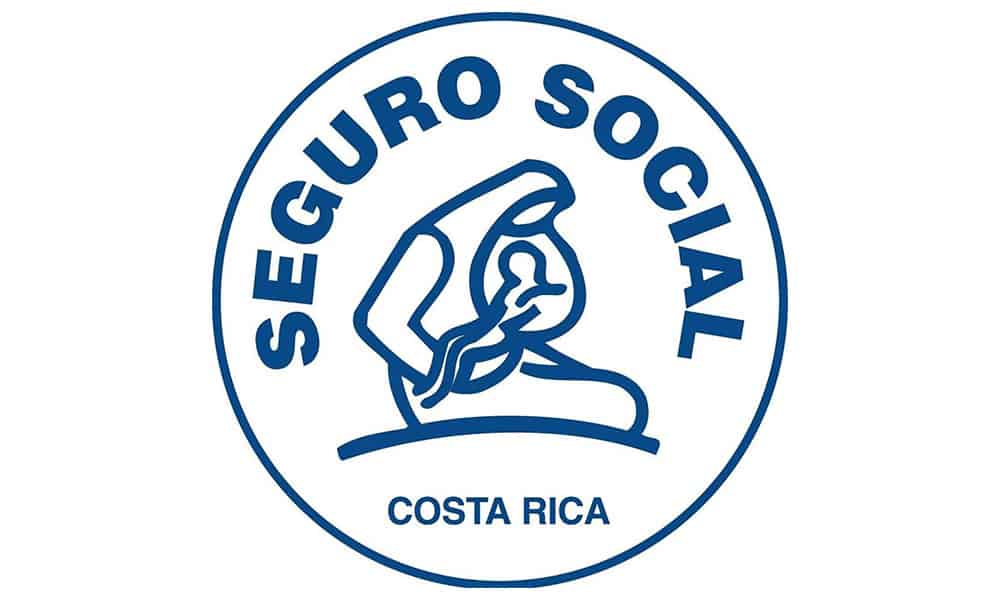In a recent press conference, the Costa Rican government revealed the alarming state of the Costa Rican Social Security Fund (CCSS). Marta Eugenia Esquivel, the executive president of the CCSS, highlighted the institution’s critical economic condition, attributing it to a long-standing crisis that dates back to the 1990s.
The expenses of the Fund have consistently exceeded its income, resulting in a severe decline in service provision. Esquivel expressed no surprise at this situation, stating that the CCSS has been mismanaged for years.
Previous boards of directors failed to address the issue despite ample evidence, and they even granted CCSS employee’s exclusive benefits that no other individual in the country enjoys. Esquivel also discovered falsified figures and financial statements that fail to meet national and international standards, further indicating irresponsible financial practices.
To tackle the crisis in the CCSS, the government, led by Rodrigo Chaves, unveiled its plan of action. The administration vowed to take disciplinary measures against those potentially responsible for corruption and to prioritize investments in equipment, infrastructure, and technology in accordance with the Comptroller’s Office recommendations.
They also emphasized the implementation of robust information systems, a sustainable salary policy, and the use of actuarial studies to make accurate financial projections. Moreover, they lodged a complaint with the Public Prosecutor’s Office to address the alleged irregularities.
However, concerns remain regarding the $4,365 million debt owed to the CCSS by the state. The government has not clarified its intentions in this regard, causing worry among several legislators who believe there is no clear plan to salvage the CCSS. The lack of feasible solutions and transparency is troubling, with some legislators urging the government to present a payment plan and comply with the law. The uncertainty surrounding the resolution of the debt adds to the already complex situation.
As the government takes steps to rectify the crisis and hold those accountable for mismanagement, the fate of the CCSS hangs in the balance. Swift and effective action is needed to ensure the sustainability and future viability of this vital institution.
The Costa Rican people, who rely on the CCSS for healthcare services, eagerly await tangible solutions that will safeguard their access to quality medical care and address the systemic issues that have plagued the Fund for decades.






